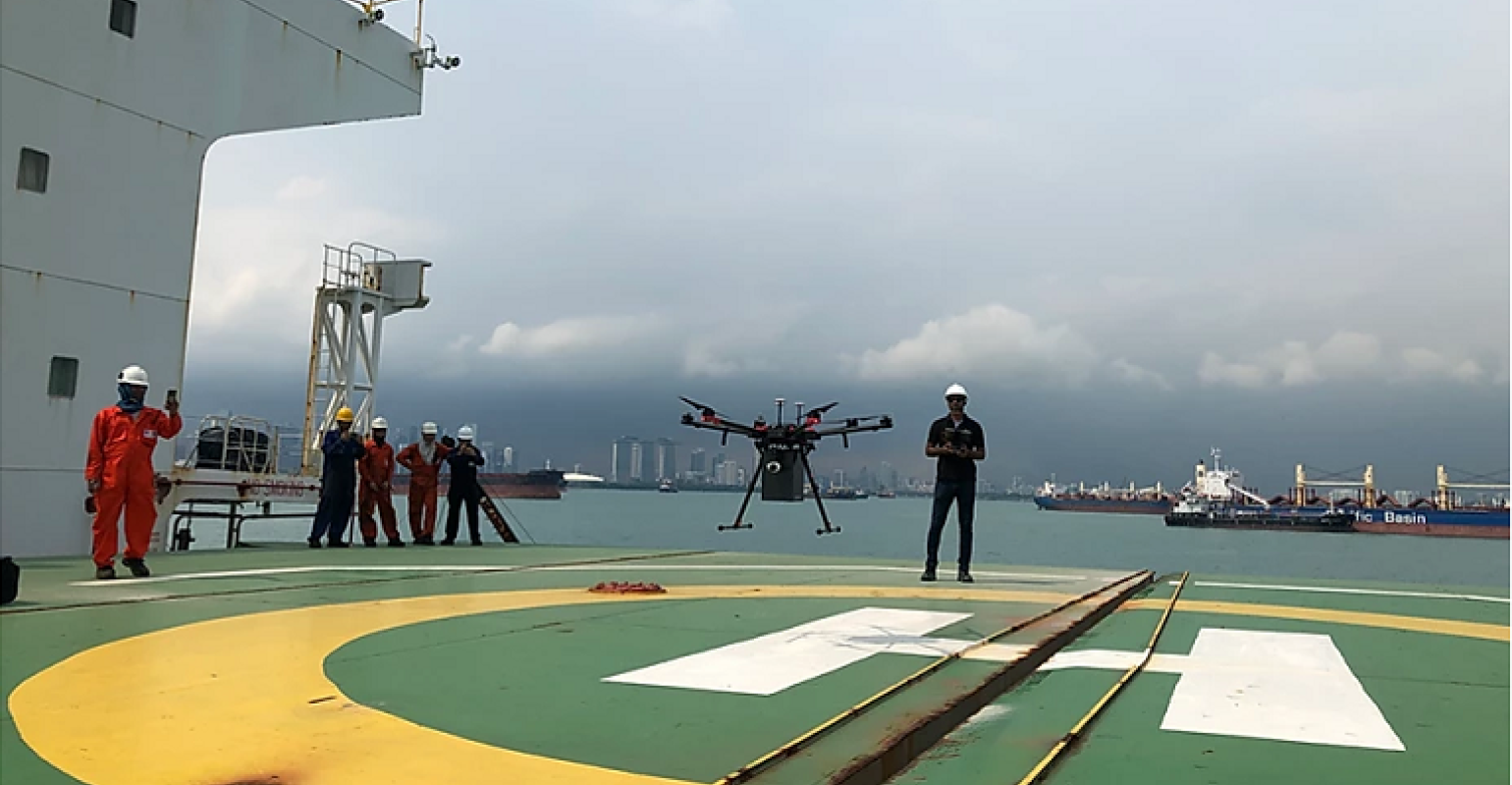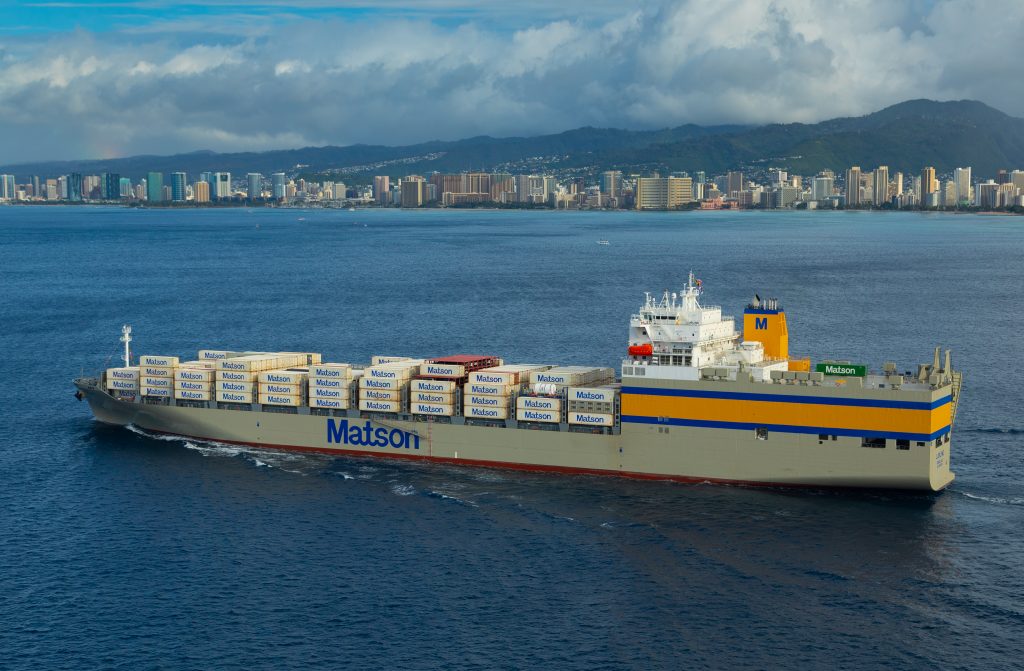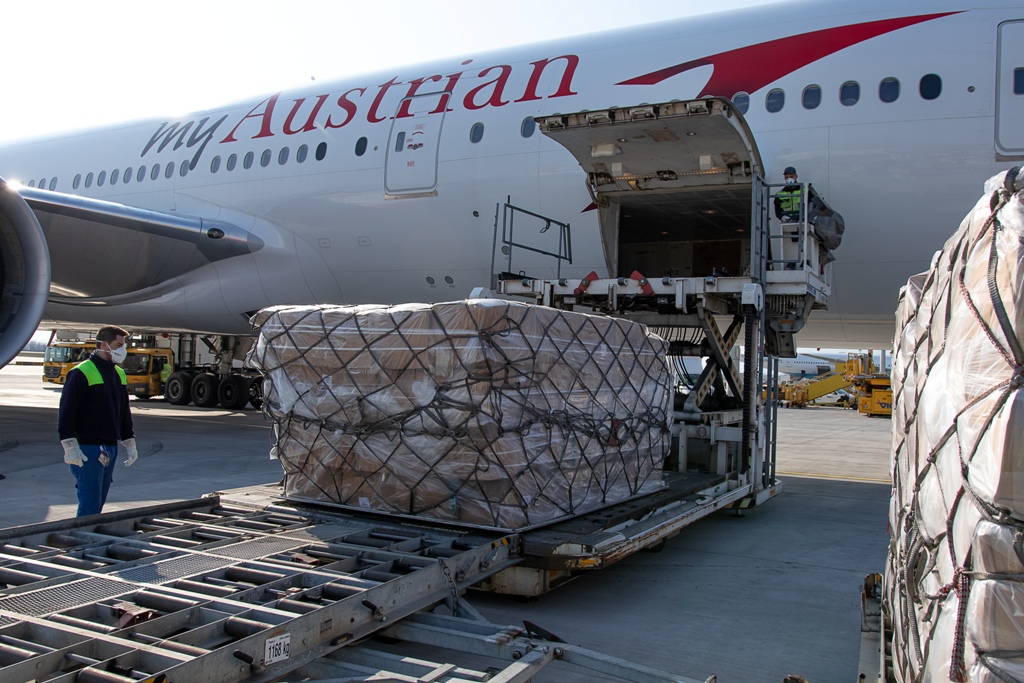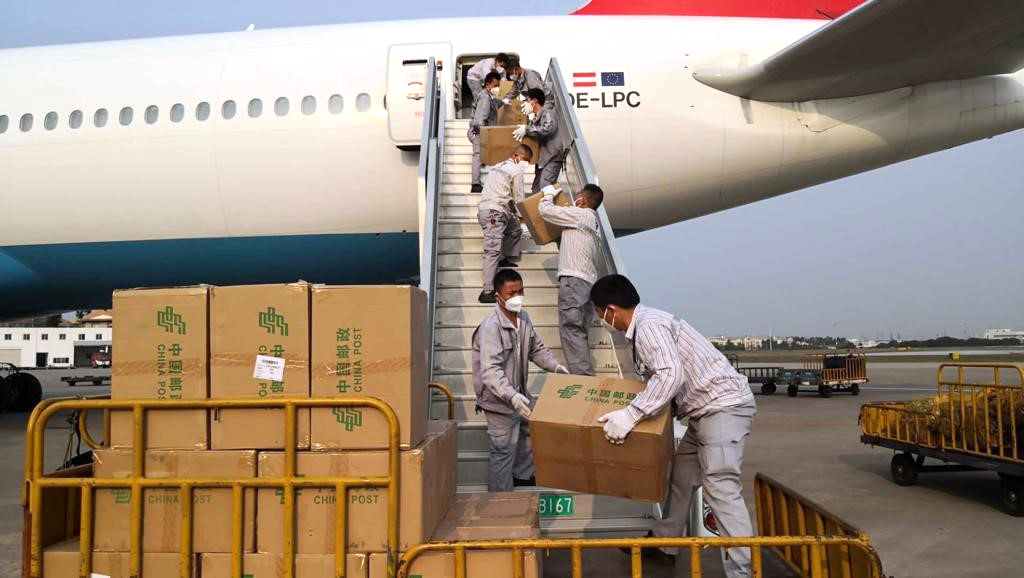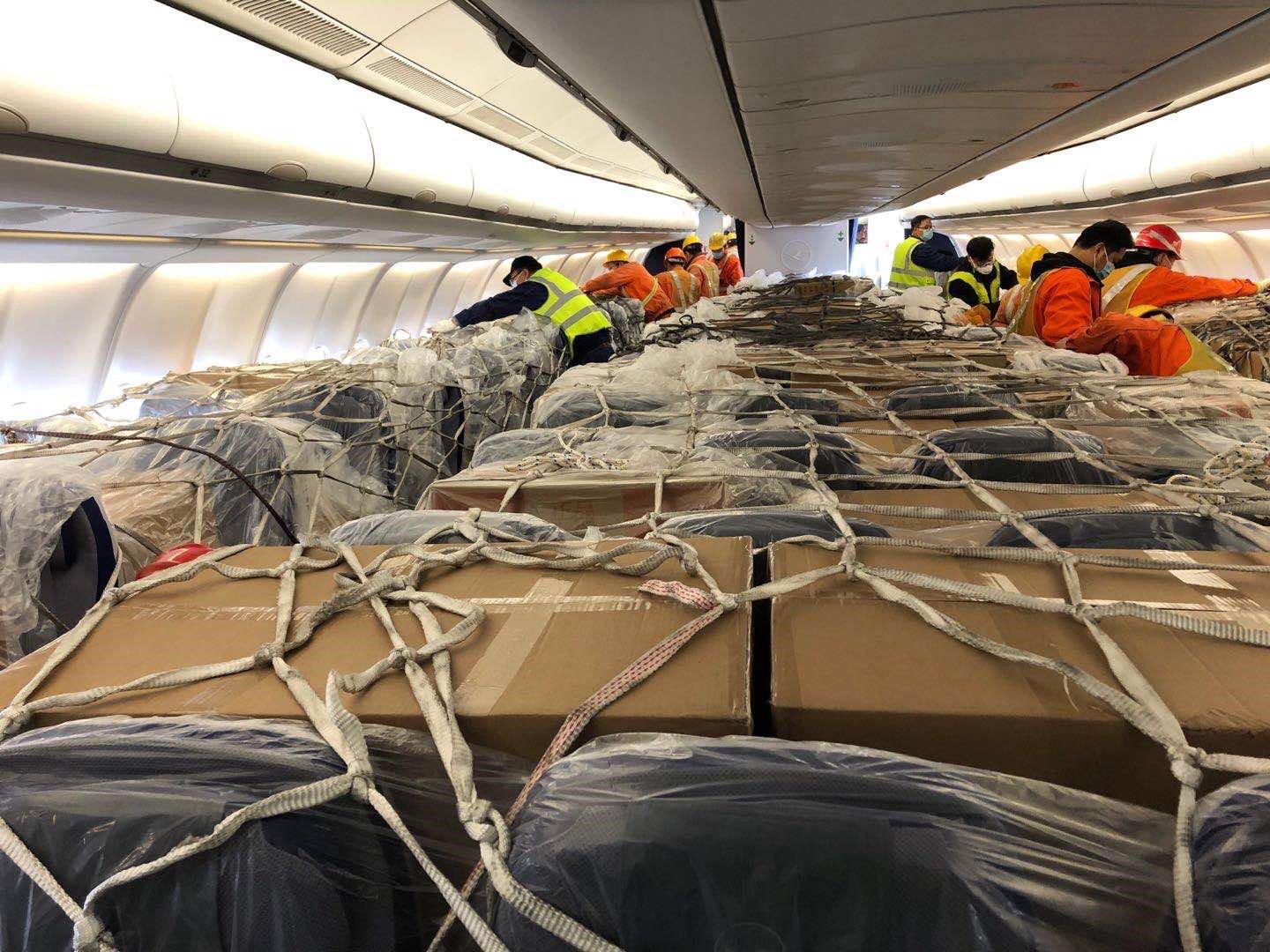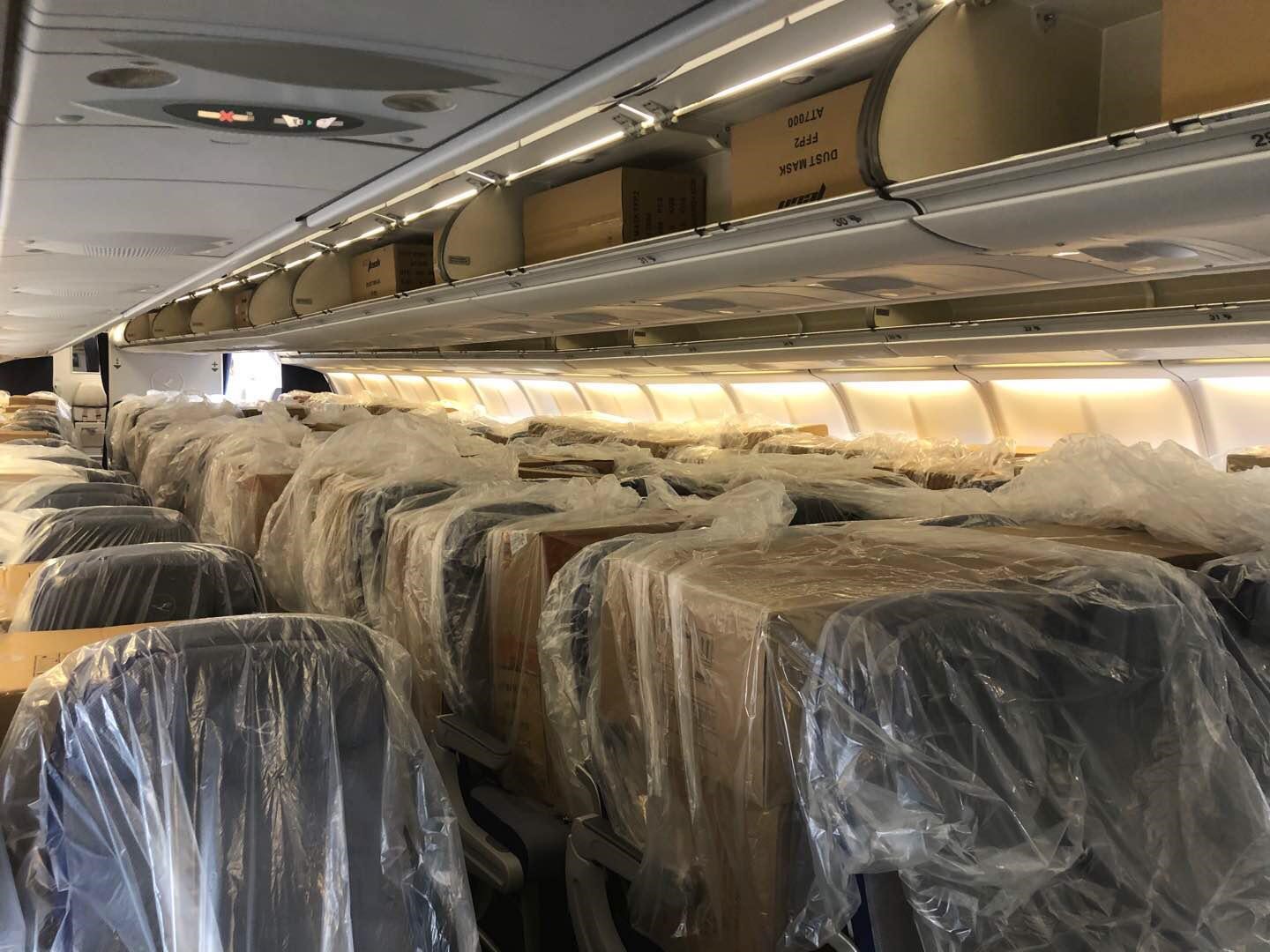I thought I would share a statement from Alexandre de Juniac who is the CEO of the International Air Transport Association(IATA) on the impact of COVID19 so far on the industry. It is a very bleak picture indeed.
"Airlines are united with the global effort to stop a virus that is overwhelming our healthcare systems and threatening many lives. This is having a major impact on airlines and the value chain.
On March 5th we thought that the pessimistic scenario was a revenue loss of $113 billion. That was based on a wide spreading of COVID-19, but not as severe as the current blanket of travel restrictions. If this lasts for a three-month period, we see a 38% fall in global demand and a $252 billion loss of passenger revenue—44% down on 2019.
The figures speak for themselves. The air transport industry is in its deepest crisis ever.
Where international passenger traffic is allowed, we are mostly repatriating people to their home countries as governments permit. And we are also delivering vital goods—medicines and equipment to fight the virus or the most time-sensitive products feeding global supply chains. And I will come back with more detail on cargo later in this discussion.
IATA has been asking governments to provide a lifeline of financial support. A liquidity crisis is coming at full speed. Revenues have fallen off a cliff. And no amount of cost cutting can save the day if no cash is coming in the door. Without financial relief airlines will go bust. And that could happen en masse.
Some commentators say, "so what?" I ask them to think of the consequences. Letting this industry fail will have an impact far beyond the livelihoods of the 2.7 million people airlines employ. And it will go beyond the 65 million other jobs in the value chain. If we don't have a viable aviation industry when we come out of this crisis—whenever that may be—re-starting the global economy will be severely constrained in almost all sectors. And everybody will suffer much longer than necessary.
Fortunately, many governments understand the critical role of aviation. Among countries committing to financial relief are Singapore, China, Hong Kong, Australia, Brazil, New Zealand, Qatar, Colombia, Sweden and Denmark, Norway, and Finland. Several other governments are in the consideration stage—including a $58 billion package in the US and significant support measures from the European Central Bank.
My message to governments that have taken up this cause is to say thank you for leading. And keep watching the situation as it develops because we may need you to do more.
My message to governments that are considering doing something is to hurry-up. Every day matters.
For all the others, the potential for a $252 billion fall in revenues is an alarm bell. This is apocalypse now and you must act fast.
There are several levers that only governments have the capacity to pull:
- Direct financial support;
- Loans, loan guarantees and support for the corporate bond market by the Government or Central Banks, and
- Tax relief.
Speed is of the essence.
Cargo
The one part of the business that is operating is cargo. And it is doing everything it can to meet demand. And that is a big challenge because of the severe reduction in the cargo capacity that was carried on passenger flights. Airlines are reintroducing freighters and doing their best to even adapt passenger aircraft into their cargo operations.
That's because global supply chains are still running. And air cargo is essential to keeping it that way. Last week we highlighted the need for governments to ensure that air cargo can continue to play a critical role. I wish that I could say that all has been smooth. That is not the case.
A few examples to illustrate real challenges that airlines are facing.
One airline ran a repatriation flight for its nationals to a country in Asia. On the return operation the airline wants to make a stop in a third country to pick-up relief supplies. But valuable time is being wasted waiting for approval of traffic rights.
Cargo crew are being caught up in quarantine measures aimed at commercial passengers. In some cases, they are not being allowed to position on commercial flights. And there are destinations were normal accommodation for crew rest is unavailable and no alternative arrangements have been made.
And our staff intervened in Somalia and Djibouti where cargo flights fell under the same temporary flight ban as passenger aircraft.
Cargo operations are vital and time sensitive. I again call on governments to do all that is in their power so that we can get the cargo where it needs to be, fast. That means:
- Exempting crew from quarantine restrictions
- Expediting paperwork to mount special operations
- And doing everything possible to reduce or eliminate costs and charges.
These measures will go a long way to keeping essential supply chains working.
To summarize, my two messages for today are:
1. This crisis has deepened. Revenue losses could reach $252 billion this year. And governments need to act fast with financial relief to avoid a liquidity crisis.
2. Cargo operations are vital. Governments need to do all they can to facilitate an industry that is scrambling to meet demand.
Airlines are desperately trying to survive in the most difficult times imaginable. We have the people and the experience to see this through. But, to be perfectly frank, we don't have the money. And we need governments to bridge us to the point where we can start to recover."
If you need support with air cargo please contact my team at Depth Logistics who are doing brilliant work with Freighter operators for our clients. I am very proud of them for the solutions they are find to current challenges and how hard they are working literally around the clock to MAKE things happen.
All for now,
Brad Skelton
